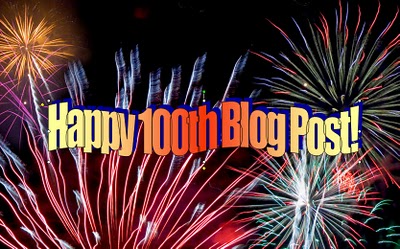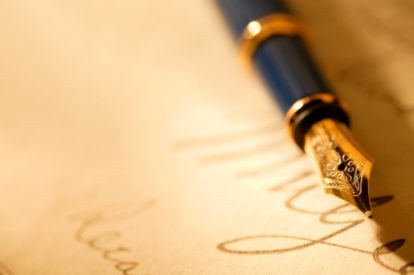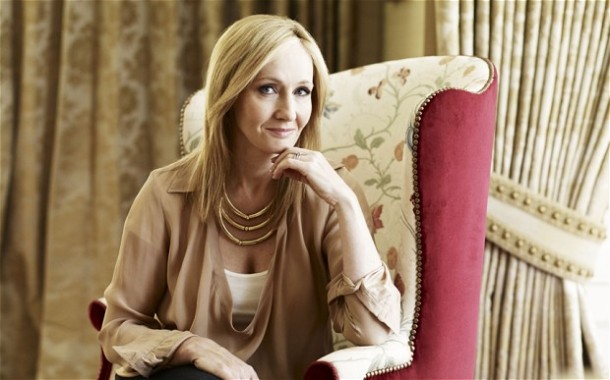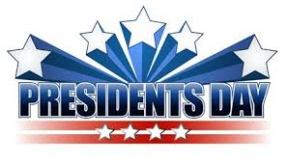
Photo Credit: newblood.com
Wow. How in the world did I manage to reach 100 posts? When I started this blog all the way back at the beginning of June last year I did so because I wanted an outlet to discuss the ups and downs of writing my first book. I loved sharing that experience with every one of you who happened to follow along. And now it’s growing faster than I can churn out relevant posts. Before I continue, I would just like to say thank you for spending your precious time reading this thing. I write my posts for me, but I love knowing that there’s always someone out there who will read them.
So, let’s see what the heck I’ve dedicated these 100 posts to.
80 – the number of posts about my own book/writing! Holy crap! I honestly didn’t know it was quite that many. What the heck are y’all doing reading so much about that? Can’t be that great.
15 – the number of posts about reading, publishing, or books in general. These have pretty much all come in the last month or so. And a few of them are way up on my list of most popular posts ever.
5 – the number of posts about miscellaneous topics. I can actually think of all of these off the top of my head.
The most popular post by far, and I mean it’s gotten like five times the number of views as the next on the list was Print vs. E-Book: Which side are you on?
The longest post in terms of its word count was A Valentine’s Day Duel: Ron & Hermione vs. Katniss & Peeta at 966 words.
The second, third, fourth, and fifth most popular posts were:
2. My Book, Divided Within, Available N0w!
3. Amazon’s List of 100 Books Everyone Should Read
4. Self Publishing with CreateSpace: My Experience
5. Cover Art Revealed: Divided Within
I’m currently at 131 WordPress followers and I’ve had 254 Likes on this bad boy.
So that’s it! 100 posts down and oh so many more to come! Thanks for reading! It’s been a blast so far.








